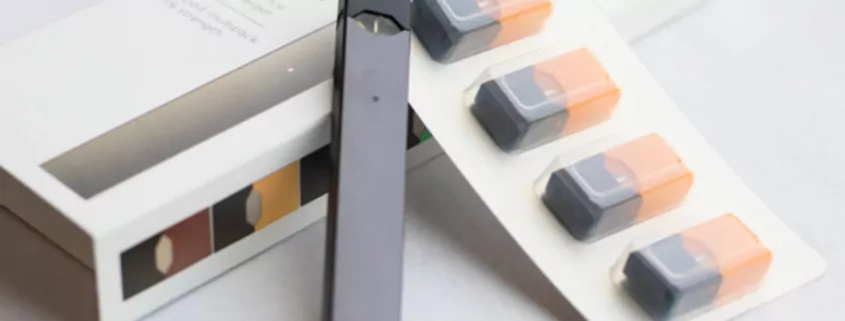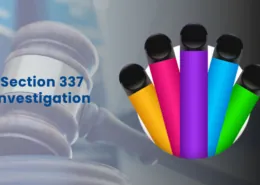FDA Authorizes Juul’s Tobacco and Menthol E-Cigarettes for US Market
The U.S. Food and Drug Administration (FDA) has officially authorized the sale of Juul Labs’ e-cigarette device and its tobacco and menthol-flavored refill cartridges, marking a significant reversal of its previous ban and a potential new lease on life for the once-dominant vape maker. The decision, announced on Thursday, ends a years-long regulatory battle that saw Juul accused of fueling a youth vaping epidemic and nearly pushed the company into bankruptcy.
The FDA authorized five specific JUUL products: the JUUL device and its tobacco and menthol flavor pods, each available in 3% and 5% nicotine concentrations. The agency stated its decision was based on a review of additional evidence provided by the company, which demonstrated that authorizing these products was “appropriate for the protection of public health.” The FDA noted that the data showed a high rate of adults switching completely from combustible cigarettes to Juul products, suggesting the benefits to public health outweighed the risks, including the potential for the products to appeal to young people.
This authorization rescinds the FDA’s 2022 marketing denial order against Juul, which was stayed a month later after a company appeal. Since then, Juul products have remained on store shelves under a policy of “enforcement discretion.” Juul CEO K.C. Crosthwaite called the authorization a “significant milestone” and stated the company now plans to submit additional FDA applications. He also noted that underage use of Juul products was “down 98 percent since 2019.”
The decision was not without criticism. Senator Dick Durbin (D-IL) condemned the move, accusing Juul of having “ignited” the youth vaping epidemic and calling on FDA Commissioner Dr. Marty Makary to reverse the authorization. “It is clear that the Trump administration does not care about our kids,” Durbin said in a statement.
The e-cigarette market has shifted drastically since Juul’s peak popularity. After Juul and other major U.S. e-cigarette makers stopped selling most non-menthol flavored vapes amid backlash, a flood of unauthorized disposable vapes in fruit and candy flavors, primarily from China, entered the market and are now among the most popular with young people. However, overall teen vaping rates have fallen sharply from a high of 27% of high school students in 2019 to under 8% in 2024, a 10-year low. Dr. Makary has stated the agency will be aggressive in policing these unauthorized e-cigarettes from China.
The FDA was clear that its authorization “does not mean these tobacco products are safe” and that it will closely monitor Juul’s compliance with rules limiting youth exposure to its marketing. Juul joins a small list of 39 e-cigarette products authorized for sale in the U.S., including some from major tobacco companies like Altria and Reynolds American.
- Russia’s Vape Market: Inside the Battle for Control - August 8, 2025
- Brazil: Paraná Bill to Add Vaping to “No Smoking” Signs - August 8, 2025
- Celebrate with EightVape: 10 Lucky Winners Get Free Orders or $100 Gift Cards - August 8, 2025







